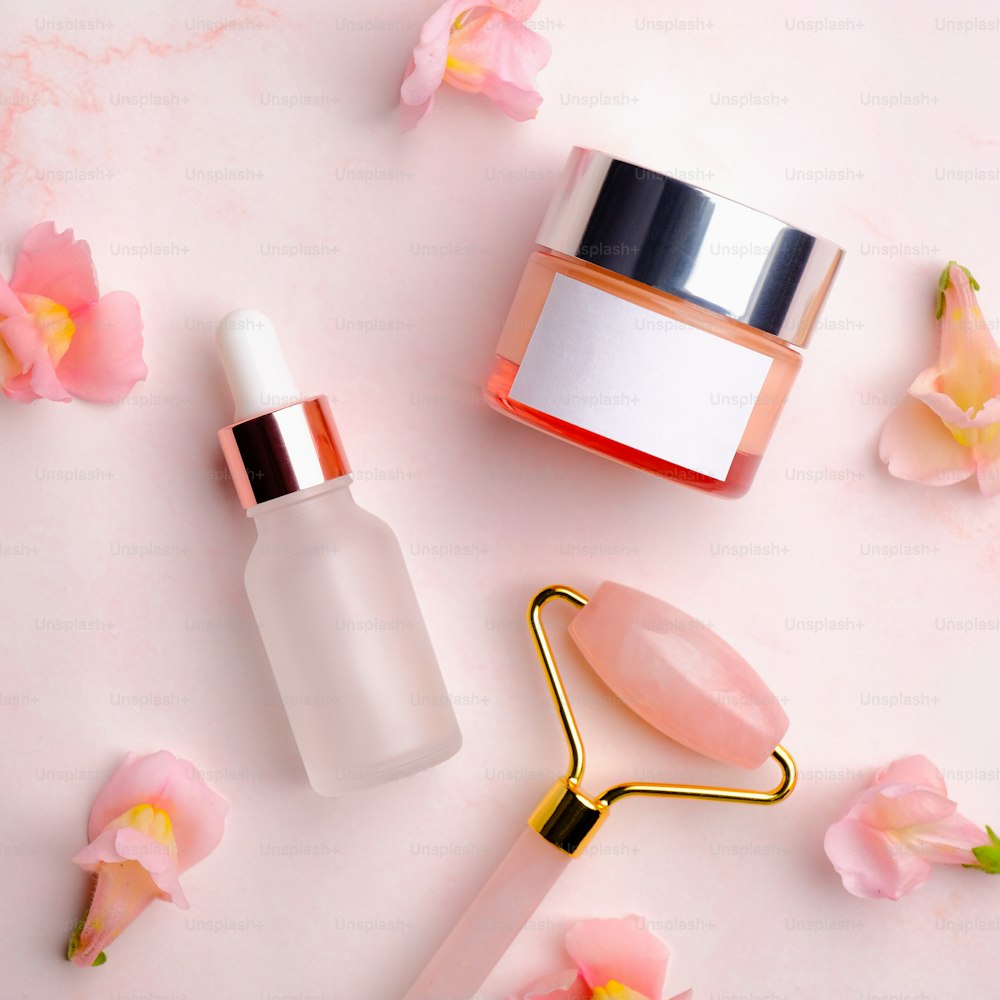Starting a Cosmetics and Skin Care Licensing

Image Source: Unsplash
Why is licensing important for cosmetics and skin care businesses?
Starting a cosmetics and skincare licensing is an exciting endeavor that allows you to turn your passion for beauty into a profitable business. However, before diving into the world of cosmetics and skincare, it's important to understand why licensing is crucial for your business's success.
Licensing is a legal requirement for cosmetics and skincare businesses as it ensures that your products meet certain quality and safety standards. By obtaining a license, you demonstrate to your customers that your products have been thoroughly tested and are safe to use. This not only builds trust with your customers but also protects your brand reputation.
Moreover, licensing provides you with legal protection. It allows you to trademark your brand, preventing others from using your name or logo without permission. It also helps you avoid potential legal issues by ensuring that your products comply with all relevant regulations and guidelines.
In addition to legal requirements, licensing also opens up opportunities for growth and expansion. With a license, you can sell your products in retail stores, online marketplaces, and even internationally. This allows you to reach a wider audience and increase your sales potential.
By understanding the importance of licensing, you can set your cosmetics and skincare business on the right path to success. Now, let's explore the steps you need to take to obtain a cosmetics and skincare license.
Steps to obtain a cosmetics and skin care license
Obtaining a cosmetics and skincare license involves several crucial steps that you need to follow to ensure compliance with regulations and guidelines. By following these steps, you can navigate the licensing process smoothly and start your business with confidence.
- Research and understand the regulations: Before diving into the licensing process, it's essential to research and understand the regulations and guidelines that govern the cosmetics and skincare industry. Familiarize yourself with the laws related to product safety, labeling, and ingredient restrictions. This will help you ensure that your products meet all necessary requirements.
- Create a business plan: A well-thought-out business plan is essential for any successful venture. Outline your business goals, target market, marketing strategies, and financial projections. This will not only help you stay focused but also provide valuable insights when applying for a license.
- Formulate your products: Develop your cosmetic and skincare products, ensuring that they meet industry standards. Consider factors such as ingredients, formulation, packaging, and labeling. It's important to create high-quality products that stand out in the market.
- Choose a suitable location: Select a location for your business that complies with local zoning and licensing requirements. Ensure that your workspace meets the necessary health and safety standards.
- Register your business: Register your cosmetics and skincare business with the relevant authorities. This may involve obtaining a business license, tax identification number, and any other necessary permits.
- Apply for a cosmetics and skincare license: Submit your application for a cosmetics and skincare license to the appropriate regulatory agency. Provide all required documentation, including product formulations, labeling, and safety data. Be prepared for inspections and any additional requirements that may be requested.
- Wait for approval: Once your application is submitted, patiently wait for the regulatory agency to review and approve your license. This process may take some time, so it's important to stay organized and responsive to any requests or inquiries.
Obtaining a cosmetics and skincare license may seem daunting, but by following these steps, you can ensure that your business complies with all necessary regulations and is ready to enter the market. Now, let's delve deeper into the regulatory requirements for cosmetics and skincare products.
Understanding the regulatory requirements for cosmetics and skin care products
As a cosmetics and skincare entrepreneur, it's crucial to have a clear understanding of the regulatory requirements that govern the industry. These requirements ensure the safety and quality of cosmetic products, protecting both consumers and businesses.